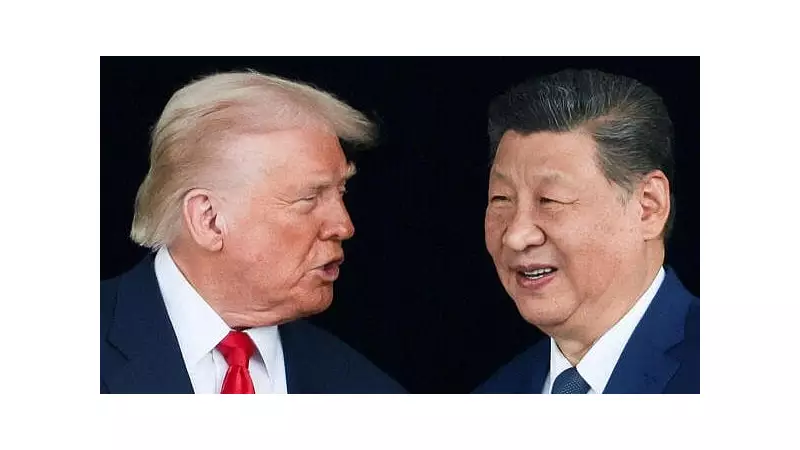
The political landscape is buzzing with speculation as Donald Trump's potential return to the White House reignites discussions about a revived G2 framework between the United States and China. This concept, which envisions a bipolar world order dominated by Washington and Beijing, is gaining fresh momentum despite its controversial nature.
Trump's Unconventional Approach to China
During his previous administration, Trump frequently floated the idea of a G2 arrangement, suggesting that the world's two largest economies could essentially manage global affairs between them. His recent statements indicate he hasn't abandoned this vision, even as he maintains his trademark tough rhetoric on trade imbalances and geopolitical competition.
What makes this development particularly intriguing is the stark contrast in leadership styles. While American politics remains volatile with potential leadership changes, China's Xi Jinping has maintained remarkable consistency in his long-term strategic objectives.
Xi Jinping's Masterful Long Game
President Xi's approach represents the polar opposite of Trump's transactional diplomacy. Through careful planning and strategic patience, Beijing has been steadily advancing its global influence through multiple US administrations. The Chinese leadership appears to view American political turbulence not as a threat, but as an opportunity to cement its position.
Several key factors demonstrate China's strategic advantage:
- Policy continuity that transcends election cycles
- Economic expansion across Asia, Africa, and Latin America
- Infrastructure diplomacy through initiatives like Belt and Road
- Technological advancement in critical sectors including AI and green energy
The Global Response to Shifting Alliances
Other nations are carefully watching these developments, with many hedging their bets rather than choosing clear sides. European powers, Southeast Asian nations, and Middle Eastern countries are all developing strategies to navigate the potential G2 reality.
"The international community finds itself in a delicate balancing act," observes one geopolitical analyst. "While no country wants outright confrontation between the superpowers, many are concerned about being forced into binary choices that don't serve their national interests."
What a Revived G2 Could Mean for India
For India, these developments present both challenges and opportunities. As a rising power in its own right, New Delhi must carefully navigate the complex triangle of relations with both Washington and Beijing. The potential G2 framework could either constrain India's strategic autonomy or create new openings for diplomatic maneuvering.
The coming months will be crucial in determining whether Trump's G2 concept evolves from political rhetoric into substantive policy. What remains clear is that Xi Jinping's China continues playing the long game, positioning itself as the steady hand in an increasingly unstable global order.





